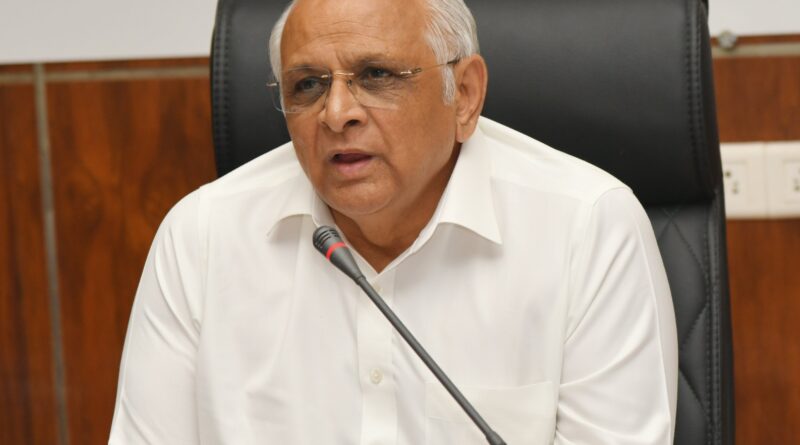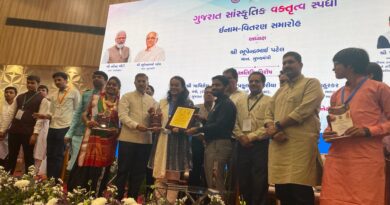Special committee formed to study UCC implementation in Gujarat
BILKULONLINE
Gandhinagar, Feb 4 : The Gujarat government has constituted a special committee under the chairmanship of a former judge to analyse and assess the impact of UCC, official sources said. The committee will prepare a comprehensive report, which will serve as the foundation for the government’s next steps.
Once the report is submitted, the state cabinet will deliberate on the findings and make a decision on the way forward. A joint press briefing by Chief Minister Bhupendra Patel and Home Minister Harsh Sanghvi will be held on Tuesday, where they are expected to provide further clarity on Gujarat’s roadmap for UCC implementation. This joint press conference marks a moment in Gujarat’s governance as such high-profile discussions have been rare in recent years. The Uniform Civil Code (UCC) is a proposed legal framework aimed at unifying and replacing personal laws based on religion with a single set of rules governing marriage, divorce, inheritance, adoption, and maintenance for all Indian citizens.
The idea behind UCC is to establish ‘one nation, one law’, ensuring legal uniformity irrespective of religious beliefs. This concept is enshrined in Article 44 of the Indian Constitution, which states that the State shall endeavour to secure a Uniform Civil Code across the country. Currently, India follows separate personal laws for different religious communities, including Hindu Personal Law, Muslim Personal Law, Christian Personal Law, and Parsi Law, among others. These laws govern aspects such as marriage, divorce, property rights, and adoption within specific religious communities, leading to legal disparities. If implemented, the UCC would introduce uniform marriage laws, ensuring a common legal age, registration process, and dissolution procedures for all citizens. It would also establish equal inheritance rights, eliminating gender-based discrimination in property distribution.
Furthermore, UCC would standardise divorce laws, removing religious-based differences and ensuring a uniform legal process. Adoption and guardianship laws would also be made uniform, granting equal rights to individuals regardless of their religious background. One of the most significant aspects of UCC is the ban on polygamy, enforcing monogamy across all communities and ensuring gender justice. Currently, Goa is the only Indian state that follows a Uniform Civil Code, having inherited it from the Portuguese Civil Code of 1867. In Goa, personal laws do not vary based on religion, and all citizens follow a common civil code for marriage, divorce, and inheritance. In 2024, Uttarakhand became the first Indian state to implement UCC, setting a precedent for others to follow. The Uttarakhand UCC Bill covers marriage, divorce, live-in relationships, and property rights while banning polygamy and ensuring gender equality. Following Uttarakhand’s lead, Gujarat is now set to become the second state in India to implement UCC.



